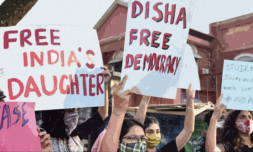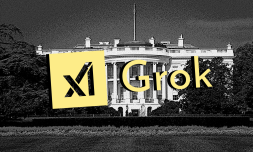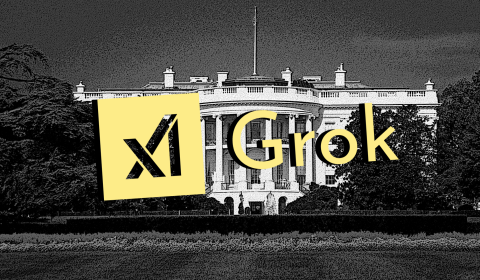The private data of human rights activists, journalists, and lawyers is reportedly under threat globally. Leaked records suggest as many as 1,000 have been targeted by phone malware sold to governments by an Israeli surveillance firm.
Stories of big tech companies and anti-democratic governments butting heads have become common over the last few years. However, if new reports are to be believed, the whole data war may have taken its most sinister turn yet.
According to Paris-based anti-censorship outfit Forbidden Stories, mobile spyware is being discreetly sold to authoritarian government leaders to hijack the private data of activists, journalists, lawyers, and even heads of state.
Backed by the technical nous of Amnesty International, Forbidden Stories coordinated forensic tests on the mobile phones of reported targets to identify traces of any potential spyware.
Expecting to find the odd data violation, the mission instead unearthed a full-scale assault on democracy.
NSO weaponising the Pegasus Project
All cases trace back to what is known as the Pegasus Project.
Developed by an Israeli cyber intelligence firm called NSO, the Pegasus Project has long used spyware – capable of capturing audio and video, messages, emails, media, and contacts – to keep tabs on known terrorist and serious criminal threats.
Until this week, it was thought Pegasus was only available to national militaries, law enforcement groups, and intelligence agencies with clean human rights records. If leaks are to be believed, however, the technology has done far more harm than good.
A consortium of media outlets including CNN, the New York Times, The Washington Post, and Al Jazeera have joined an on-going investigation and claim that more than 1,000 innocent people spanning 50 countries have been targeted for surveillance using Pegasus.
Disturbingly, those targeted fall into the brackets of heads of state, business executives, activists, and more than 180 journalists. A slight deviation from the criminal masterminds the tech was created to dig up then.
Those found on illegal surveillance records mostly belonged to countries run by some of the world’s most repressive regimes. Shock.
Mostly clustered across Azerbaijan, Bahrain, India, Mexico, Rwanda, Saudi Arabia, and the United Arab Emirates, Pegasus has seemingly been made available to rent by any political front deadest against democracy.






















